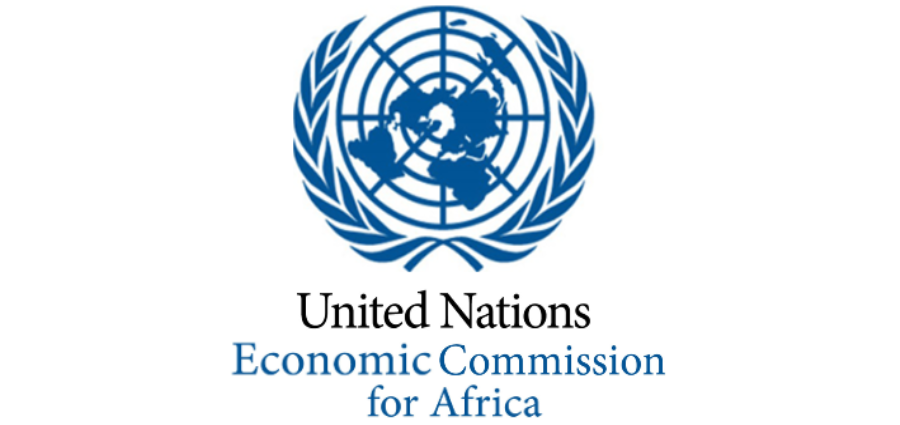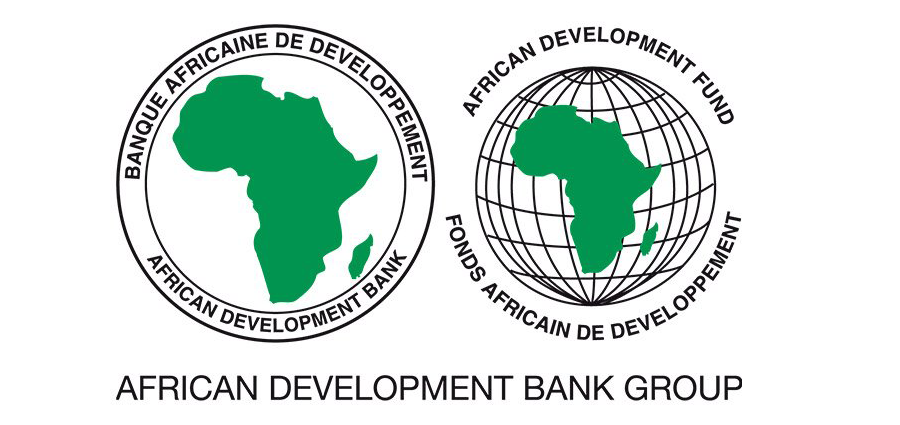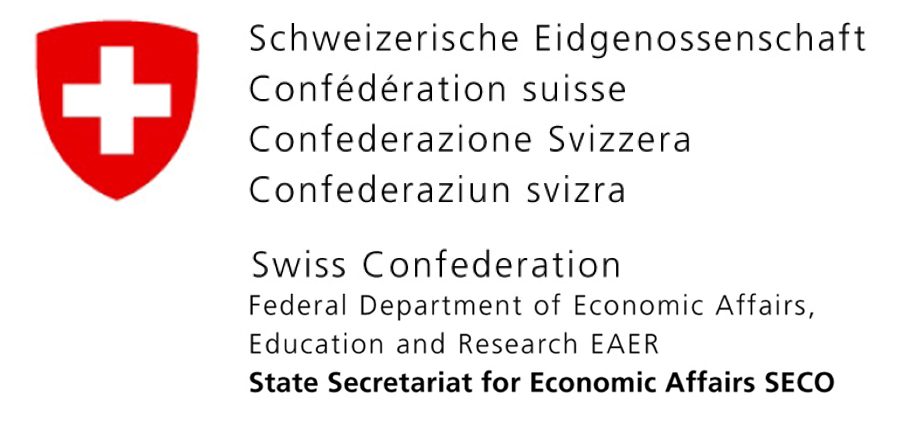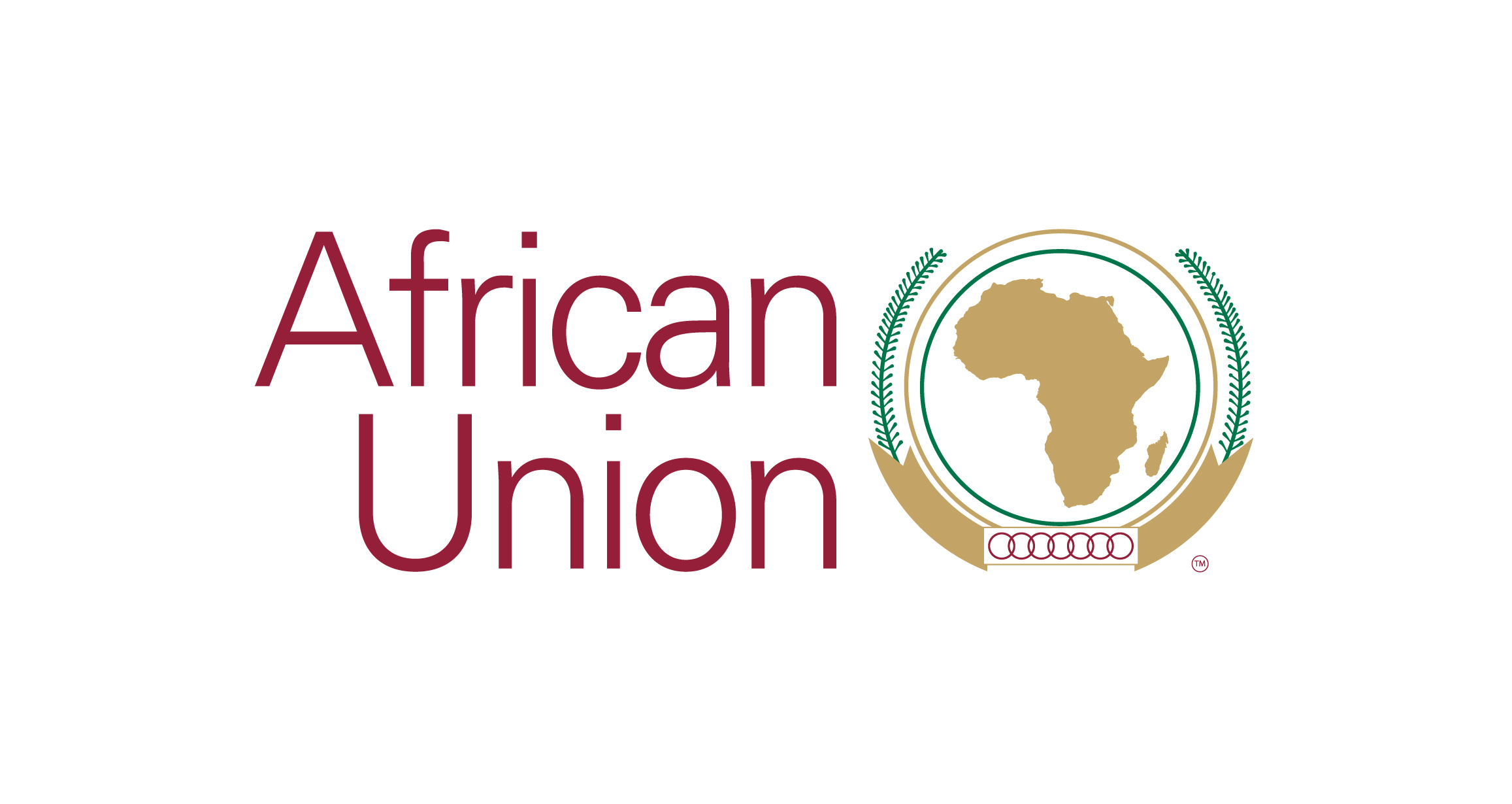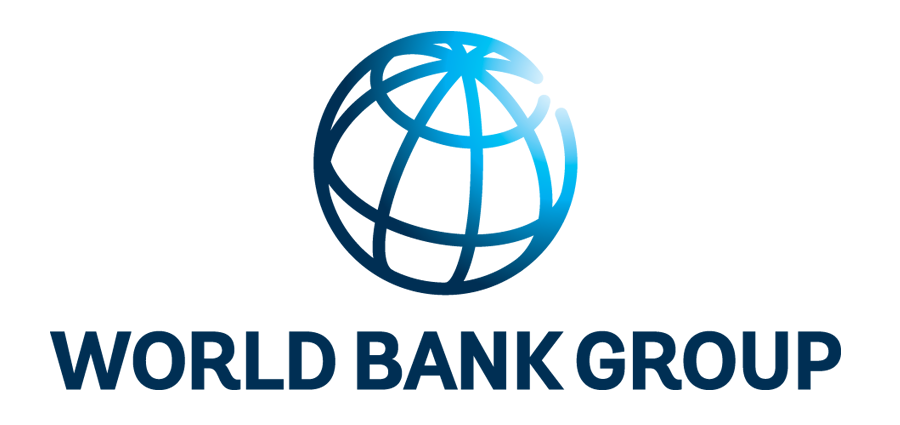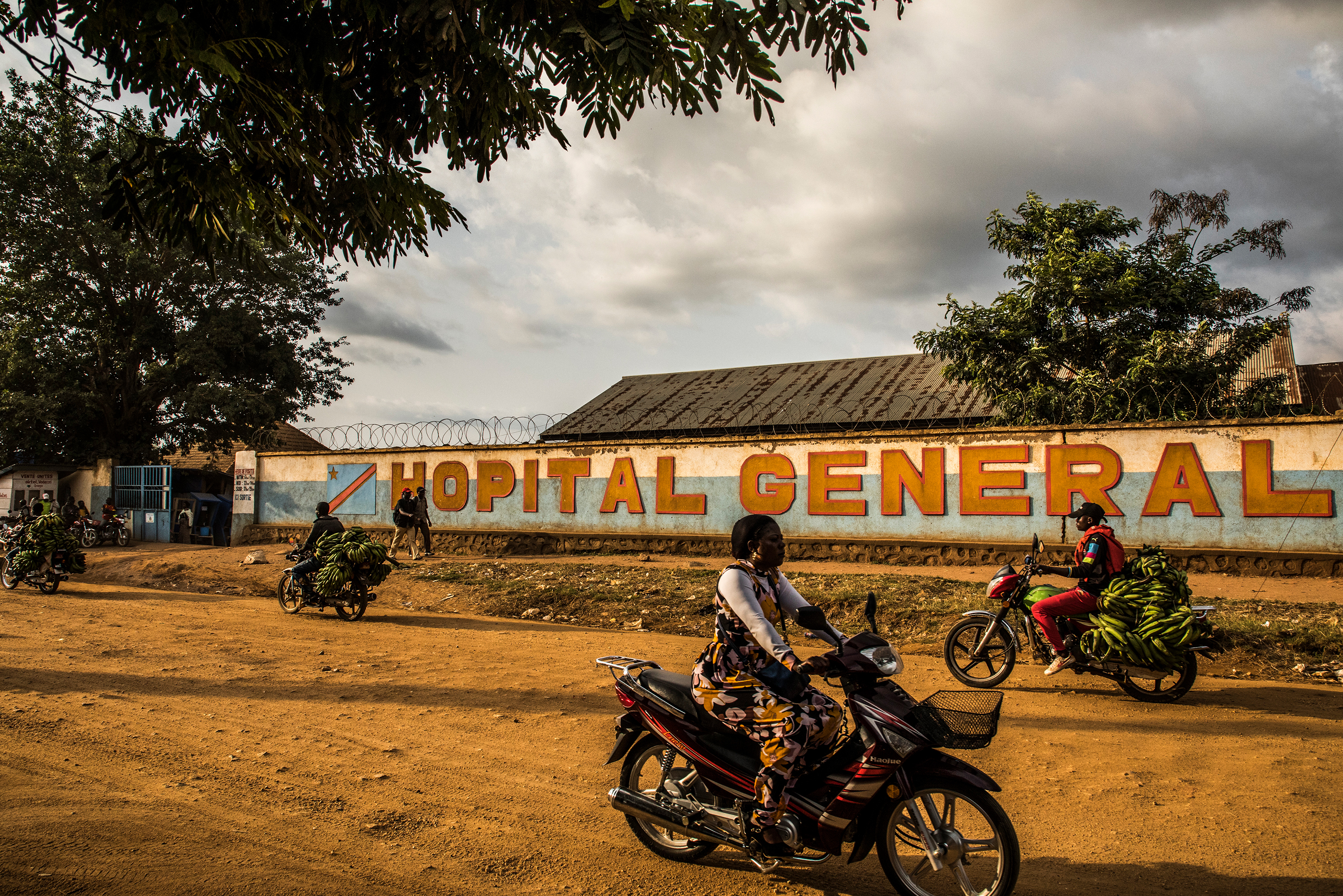
Africa’s Road Safety Data Challenge
Effective action to mitigate Africa’s road safety crisis can be taken if it is targeted and measured with accurate data - a necessary condition for designing and implementing good policy. However, African countries face many challenges when it comes to collecting data on road traffic fatalities.
There are large discrepancies between the number of officially reported deaths and the estimates presented by the World Health Organization (WHO). Little or no data is available on road safety performance indicators. And, due to the lack of coordination on the definition and number of variables collected, it is impossible to do comparisons across the region. This leaves decision makers with an inaccurate picture of Africa’s road safety situation.

WHO estimates are 4 times higher

23 African countries

Less than 50% of African countries
AU's Response
Under the auspices of the African Union, and in accordance with the Africa Road Safety Charter, the African Road Safety Observatory (ARSO) initiative was launched in 2018. With the ultimate goal of building a robust body of data that can be used to monitor Africa’s road safety performance and improve decision making, ARSO is working to harmonize road safety indicators across all countries in Africa.
Serving as a tool to help countries expedite the organization of their national observatories, ARSO brings together government representatives and road safety experts in the transport and health sectors to decide on key governance issues and priorities for data improvement, as well as to exchange knowledge, share best practices and scale up effective policies across the region.
By uniting their activities to systematically collect, analyze, and share reliable road crash data, ARSO bolsters the efforts of African countries to reduce fatalities on the road.
Since its inception, the observatory has benefited from the support of the World Bank, the Africa Transport Policy Program (SSATP), the United Nations Economic Commission for Africa (UNECA) and the Global Road Safety Facility (GRSF, funded by UKAid and TOTAL Foundation), as well as close collaboration with the Fédération Internationale de l'Automobile (FIA), the International Transport Forum (ITF) and the African Development Bank (AfDB).
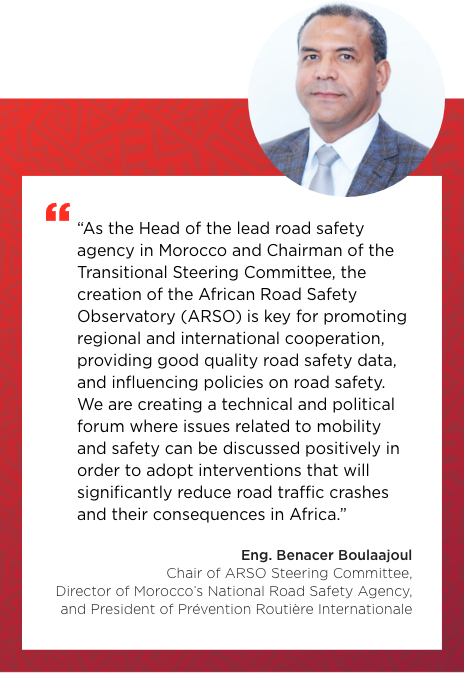

Towards Safer Roads in Africa
A Transitional Steering Committee made up of ARSO member countries and partners is currently overseeing the implementation of the observatory's work plan for 2019-2021, which is built around six priority areas:
- Developing a network of road safety leaders in Africa, including data and policy professionals.
- Improving tools and methodologies for collecting vital registration, road crash, and other safety data.
- Monitoring intermediate safety performance indicators.
- Creating, updating, and maintaining the observatory’s road safety database system.
- Conducting research on the costs and impacts of road crashes.
- Publishing and disseminating road safety reports.
As of today, ARSO member countries have reached an agreement on the minimum harmonized indicators to monitor and collected population data, and the observatory's First General Assembly was held in Durban, South Africa on June 27-28, 2019. Later this year, ARSO intends to produce its first regional report.
Featured Publication
Guide for Road Safety Opportunities and Challenges: Low- and Middle-income Country Profiles. This report gives a precise assessment on the magnitude and complexity of road safety challenges faced by low- and middle-income countries (LMICs) and helps policy makers understand the road safety framework within the context of their own country systems and performance. It also helps countries build and appreciate the business case for vital road safety investment.

